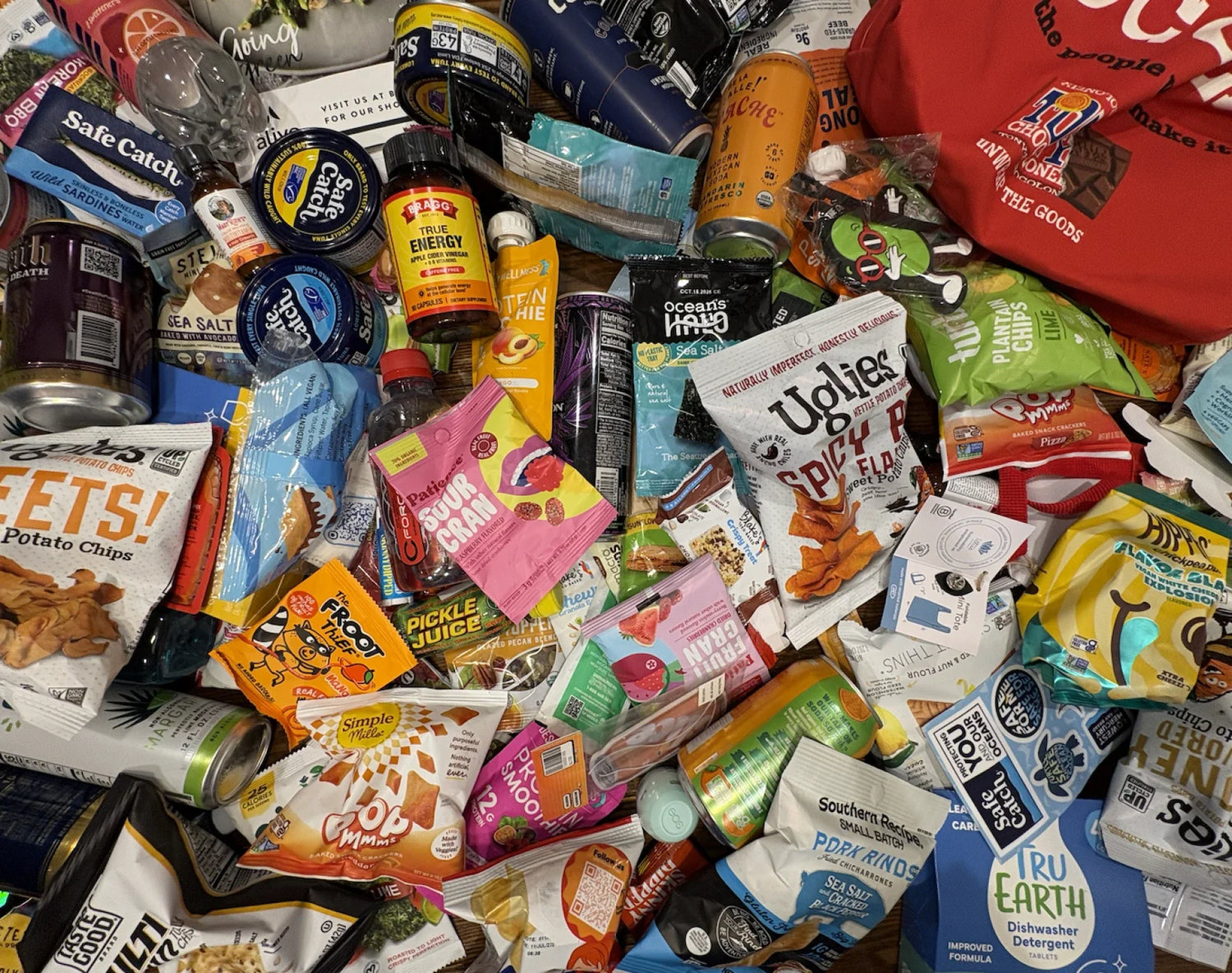Coffee grounds are a common byproduct of our daily caffeine rituals, but too often, they end up contributing to landfill waste. In these landfills, coffee grounds decompose and release methane, a greenhouse gas that is significantly more potent than carbon dioxide. This contributes to the growing concern over greenhouse gas emissions and their impact on climate change. However, there are several innovative and environmentally friendly ways to repurpose coffee grounds, turning what would be waste into a valuable resource.
composting
Coffee grounds are a fantastic addition to compost bins. They are a source of nitrogen, a critical element in composting that helps to break down organic matter. Adding coffee grounds to your compost not only enriches the final compost with nutrients, but it also reduces the amount of waste sent to landfills.
natural fertilizer
Even without a compost pile, coffee grounds can be used directly in the garden. They can be sprinkled around plants to add a slow release of nitrogen into the soil. This natural fertilizer is especially beneficial for acid-loving plants like roses, azaleas, and blueberries.
pest repellent
Surprisingly, coffee grounds can help in keeping pests at bay. Slugs and snails, for instance, are repelled by the texture and acidity of coffee grounds. Sprinkling grounds around plants can act as a barrier and a natural pest deterrent.
absorbing food odors
Coffee grounds can absorb odors due to their nitrogen content. Placing a bowl of dry coffee grounds in your refrigerator or freezer can help in neutralizing odors from spoiled or fragrant foods.
natural cleaning scrub
The abrasive texture of coffee grounds makes them great for scouring pots and pans. They can be used to scrub away stuck-on food without scratching the surfaces. This reduces the need for harsh chemical cleaners.
Repurposing coffee grounds is not only an environmentally conscious decision but also a versatile and practical one. By diverting coffee grounds from the waste stream, we can reduce greenhouse gas emissions, enrich our gardens, and find creative uses for this otherwise discarded resource. Making small changes in how we dispose of everyday items like coffee grounds can have a substantial impact on the environment.





